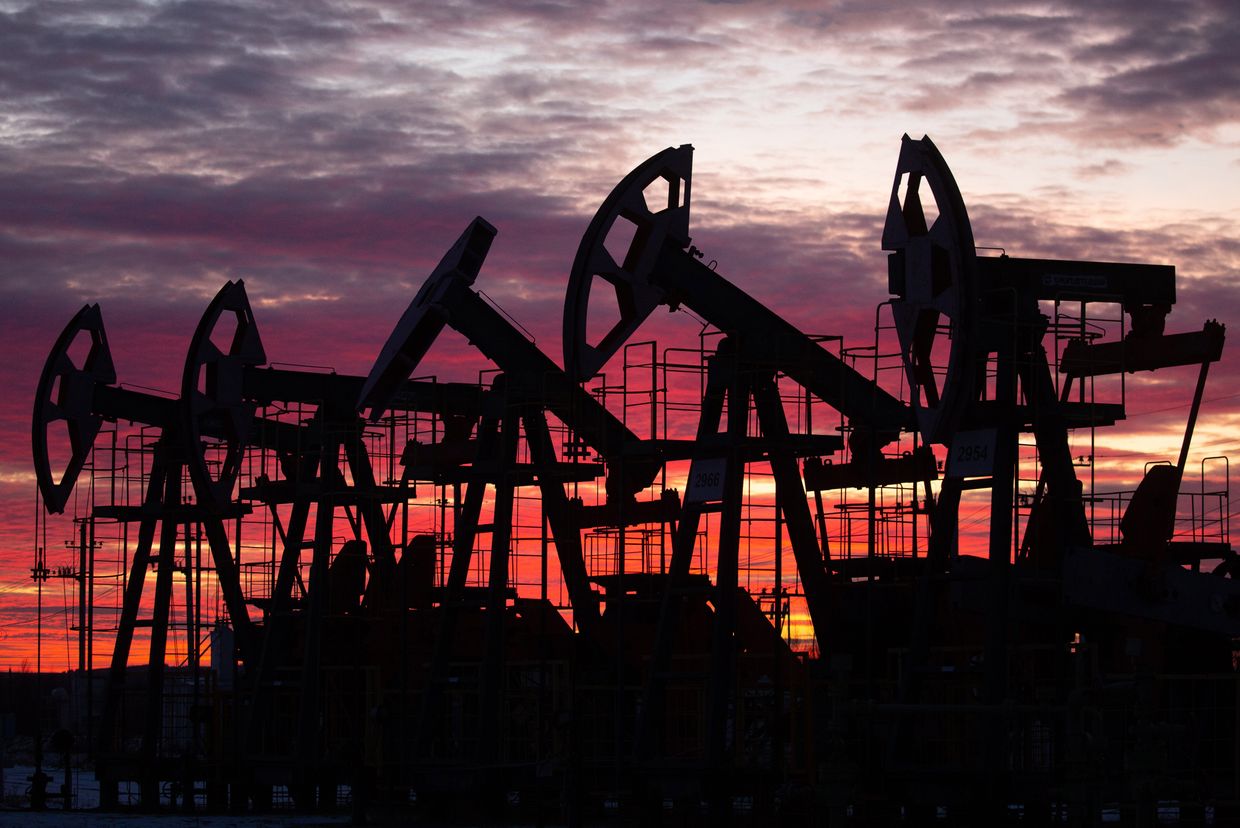South Korea to strengthen export controls on Russia, Belarus

South Korea plans to tighten export controls on Russia and Belarus for goods that could be used for military purposes, the South Korean Trade Ministry announced on Feb. 26.
Since the start of Russia’s war against Ukraine, Kyiv’s allies have implemented a record number of sanctions against Moscow, including measures to prevent the export of military equipment or dual-use goods.
Russia has found ways to bypass the sanctions, especially by using companies located in third-party countries as an intermediary.
As attempts to evade export restrictions may increase, South Korea’s Trade Ministry will focus on monitoring exports of "common high-priority items," including chips that could be used in drones, the ministry said in a statement.
South Korea added 682 goods with actual or potential military use last week to the list of goods to be prohibited from shipping to Russia and Belarus, the South Korean Yonhap news agency reported.
Canada, the EU, the U.K., and the U.S. have recently announced additional sanctions against Russia and entities in third countries that help Moscow circumvent previous restrictions and sustain its war machine.














